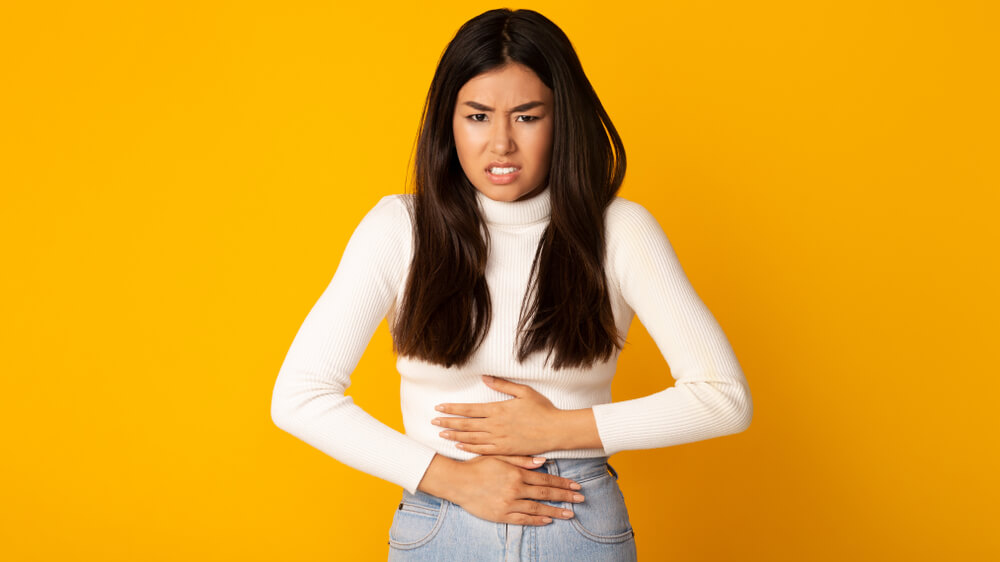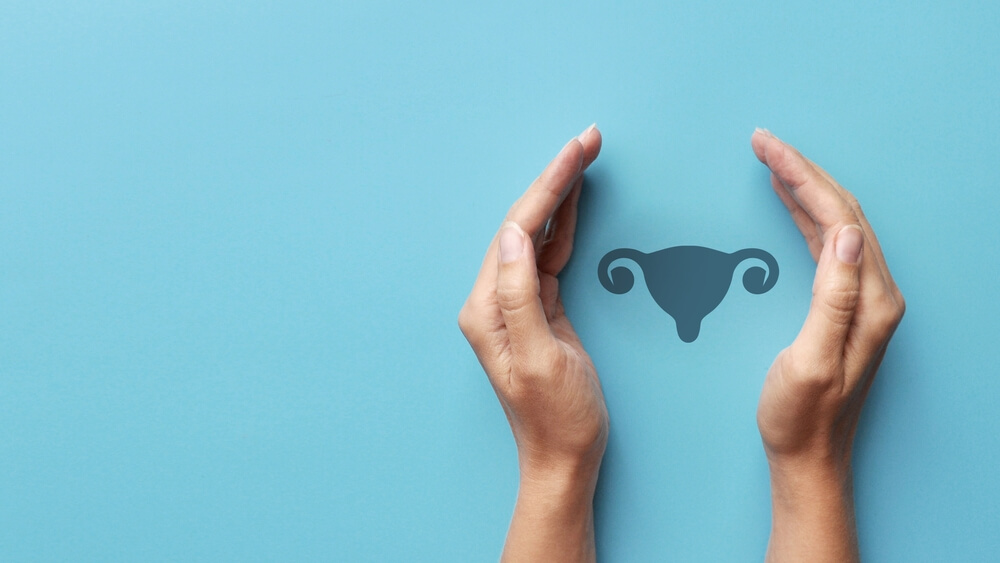A variety of different reproductive disorders and diseases can impact the reproductive health of women. Many women struggle with symptoms without even knowing what they might be suffering from, and this tends to disrupt and negatively influence their overall well-being and health.
Having a knowledgeable, experienced, and professional medical provider will help you keep your reproductive health intact, so do proper research before picking your doctor. Establishments such as the Doral Beach Clinic are excellent examples of professionalism, experience, and success, so picking clinics like these allows you to get proper care and guidance.
Conditions such as uterine fibroids, endometriosis, PCOS, uterine problems, primary ovarian insufficiency, gynecologic cancer, etc., are very common diagnoses in patients of different ages, and they heavily impact the well-being of women. A reproductive endocrinologist is a doctor who works with patients with infertility, which includes the conditions mentioned in the continuation of this article.
Most Common Conditions Impacting Your Reproductive Health

In the following article, you will have the opportunity to read about different conditions regarding female reproductive health and some of the most common symptoms of each condition.
Endometriosis
Endometriosis is an issue that affects the uterus of women. The tissue growing on the uterine walls is where the fertilized egg gets implanted, so it normally grows within the uterus. When a person suffers from endometriosis, the tissue grows on other organs such as the ovaries, the bowels, behind the uterus, on the bladder, and similar. This tissue can cause pain in the abdomen, pelvic area, or lower back, heavy periods, or in many cases, infertility.
Gynecologic Cancer
Gynecologic cancer is another condition that majorly affects the health of women. There are five main gynecologic cancers which include cervical, ovarian, uterine, vaginal, and vulvar cancer. All of these begin in the organs mentioned above but can easily spread to the rest of the reproductive system organs and have fatal consequences.
Uterine problems, most often in the form of uterine fibroids, are noncancerous or benign tumors that consist of muscle cells and tissues that grow around the uterine wall. The cause of this condition is still not known, and the symptoms mostly include heavy periods, frequent urination, painful intercourse, pain in the lower back, and reproductive issues such as miscarriage, infertility, or early labor.
Primary Ovarian Insufficiency
Primary ovarian insufficiency occurs in women under 40 years of age when their ovaries do not function properly. During this time, the person might stop getting periods regularly or at all, and they might experience hot flashes, painful intercourse, issues with concentration, mood swings, etc.
HIV/AIDS
HIV/AIDS, also called the human immunodeficiency virus, negatively impacts certain cells of the immune system, and after some time, the body cannot battle infections successfully. It is not possible to cure HIV, so once a person has it, it can only be controlled with medication and proper care. If HIV is not properly treated, it can turn into AIDS, the last stage of the infection, and the immune system is heavily damaged. If pregnant women have HIV, they need to ensure that the baby does not contract the virus during pregnancy or delivery.
Interstitial Cystitis
Interstitial cystitis is a bladder condition resulting in discomfort or pain in the bladder or surrounding areas. This is a chronic condition, and people with this problem have irritated or inflamed bladder walls, which can cause stiffening or scarring of the bladder. Interstitial cystitis can happen to anyone, but it is more common in women. The symptoms can include urinating often, abdominal or pelvic pressure, tenderness, pelvic discomfort, urination urgency, intense bladder pain, and sharp pain in the lower abdomen.
PCOS, or Polycystic Ovary Syndrome
PCOS, or Polycystic Ovary Syndrome, happens when ovaries or adrenal glands create more male hormones than is customary. The sacs filled with fluid, i.e., cysts, appear on the ovaries and cause issues. Women who are overweight are more prone to get PCOS, and this condition presents a serious risk factor for developing heart disease or diabetes. The symptoms can include pelvic pain, acne, dandruff, thinning hair, baldness, excess hair on the arms, face, thumbs, etc., dark patches on the skin, and similar.
Being Over or Underweight
Being over or underweight are both risk factors when it comes to miscarriage, infertility, and similar issues with reproductive health. It is not a matter of losing or gaining a lot of weight because further research shows that women who lost or gained just 10% of their body weight got pregnant more successfully than the ones who did not.
Sexual Dysfunction
Sexual dysfunction can manifest in a variety of ways, such as a lack of interest in having sexual relations, painful intercourse, unsatisfying sexual life, etc. These conditions can both result in infertility or cause it, and if you are not excited about your sex life, then it might be harder to conceive. You can talk to different professionals about this, so do not hesitate to reach out to them.
Sexually Transmitted Diseases
Sexually transmitted diseases or STDs are seen as infections that a person gets from practicing unsafe sex with people who are already infected. The main causes of STDs are parasites, viruses, and bacteria. There are many types of STDs, around 20 of them, and most affect both men and women, but they are more severe in women and can cause infertility, blockages in the fallopian tubes, ectopic pregnancies, etc. The diseases get treated in different ways, such as antiviral medication, but in order to reduce the risk of getting an STD, it is recommended to use a latex condom.
Age
Age is another factor that can seriously affect the reproductive health of women, especially if we are talking about conception. Although there is an 82% chance of getting pregnant even if you are 39 years old, it is still risky and might bring additional troubles, which are not that common when you are younger and pregnant.
Our Lifestyle

Our lifestyle can also be one of the culprits for different reproductive conditions. Issues such as PCOS, POI, etc., are the main causes of infertility, and they can be regulated by a healthy diet, regular exercise, quitting smoking and alcohol consumption, reducing stress, and similar.
In general, all the conditions you may face when it comes to your reproductive health should be discussed with your chosen doctor. As mentioned, when it comes to infertility issues, it would be best to speak to a reproductive endocrinologist who can tell you more about your specific case and monitor your health regularly.
Contact Our Clinic!
Reproductive disorders can cause many issues with your overall health and well-being, so make sure you have someone to help you manage and treat your condition. Specialists at our clinic are here to give guidance, support, and advice; you only have to call us and schedule a meeting.


